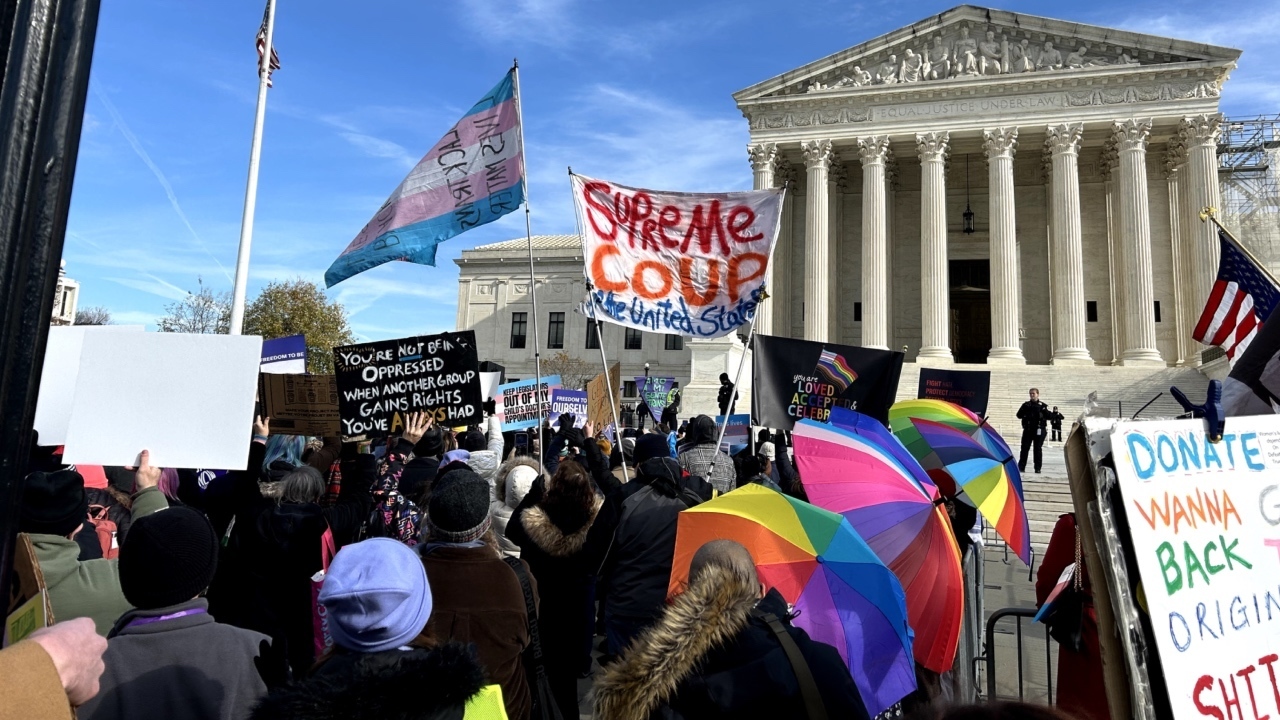
The United States Department of Justice has dropped its support for a lawsuit against Tennessee’s ban on trans procedures for minors that is before the U.S. Supreme Court.
The Trump administration informed the Supreme Court on Friday that the government is no longer supporting the plaintiffs challenging the law in the case of United States v. Skrmetti.
“The government’s previously stated views no longer represent the United States’ position,” stated Curtis E. Gannon, a deputy solicitor general, in a letter to the high court on Friday.
As there are other parties challenging the Tennessee law, the case remains active. The Supreme Court is expected to rule on the case sometime this summer.
Tennessee passed Senate Bill 1 in March 2023, which prohibited healthcare providers from performing genital mutilation surgeries or giving puberty blockers to children exhibiting gender dysphoria.
“The legislature declares that the integrity and public respect of the medical profession are significantly harmed by healthcare providers performing or administering such medical procedures on minors. This state has a legitimate, substantial, and compelling interest in protecting minors from physical and emotional harm,” noted the findings of SB 1.
“This state has a legitimate, substantial, and compelling interest in protecting the integrity of the medical profession, including by prohibiting medical procedures that are harmful, unethical, immoral, experimental, or unsupported by high-quality or long-term studies, or that might encourage minors to become disdainful of their sex.”
Multiple progressive groups sued to strike down the law on behalf of trans-identified minors and their families, with the DOJ under the Biden administration supporting the plaintiffs.
Although a lower court placed a preliminary injunction against the new law, a three-judge panel of the U.S. Court of Appeals for the Sixth Circuit allowed the legislation to take effect.
In September of last year, a Sixth Circuit panel ruled 2-1 to uphold the law, with Circuit Chief Judge Jeffrey Sutton, a George W. Bush appointee, authoring the majority opinion.
The Supreme Court heard oral arguments on the case last December, with U.S. Solicitor General Elizabeth Prelogar arguing that the Tennessee ban was discriminatory on the basis of sex.
Nevertheless, Prelogar also believed that “we do think there is a real space for states to regulate here” and pointed to West Virginia, where a ban on trans procedures provides an exemption for teenagers who are considered at risk for suicide or other self-harm.
“We don’t think that that means the states are entirely barred from regulating in this space,” she continued. “Obviously, they are grappling with these issues in a variety of contexts.”
Last month, President Donald Trump signed an executive order stating that the federal government “will not fund, sponsor, promote, assist, or support the so-called ‘transition’ of a child from one sex to another, and it will rigorously enforce all laws that prohibit these destructive and life-altering procedures.”








